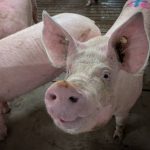
Tag Archives Plastic recycling

New face, new focus for Cleanfarms in Manitoba
Recycler adds staff member to co-ordinate shift to retail collection away from municipal sites
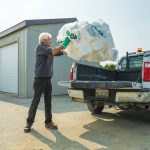
Farm retailers take over collection of ag plastic jugs
Dropping off jugs at ag retailers will be more convenient, says Cleanfarms
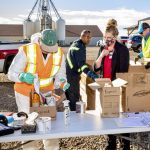
Manitoba nearly doubles recycled ag plastics
Cleanfarms celebrated a banner year across Canada, according to its annual report

Shoal Lake cattle producer big on wrapped silage bales, but frowns on disposal requirements
Bale and silage wrap isn’t part of Manitoba’s provincially regulated ag plastics recycling program – yet
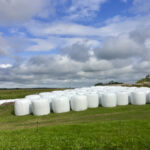
Cleanfarms completes count of Canadian ag plastics
Manitoba agriculture generates about seven per cent of ag plastic in Canada

Agri-plastic recycling program launched
Bale twine and grain bags will be accepted under the new provincially regulated program

Canada’s agricultural industry growing the future of recycling
Proper stewardship is key to maintaining access to the plastics needed on farms

Earth Day should be celebrated every day
A Manitoba Hutterite Colony takes on the challenge of ‘reduce, reuse, recycle’
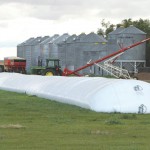
Pilot program for recycling ag plastic kicks off this month
Farmers use more plastic than ever as a lower-cost method of storing grain and feed, but increased use means more plastic waste in the environment

